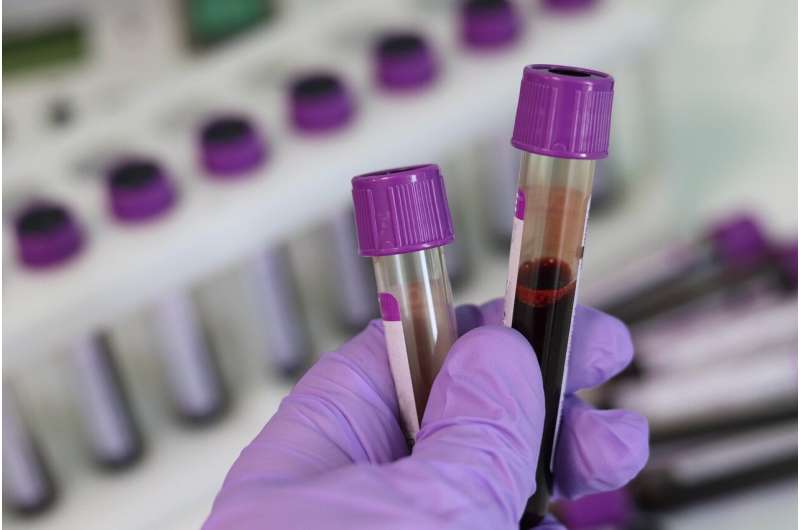Decrease in Waitlist Deaths Following New Lung Transplant Allocation System

Recent research shows that the new lung transplant allocation system significantly reduces waitlist deaths, especially among the most critically ill patients, improving outcomes and fairness in organ distribution.
In a significant advancement for lung transplant patients, recent research has demonstrated that the implementation of a new allocation system has substantially reduced the risk of death and delisting among waitlisted individuals. The system, introduced in 2023, shifted towards prioritizing medical urgency over geographic proximity, aiming to improve outcomes for the sickest patients.
The new guidelines, part of the Composite Allocation Score (CAS), moved away from the traditional proximity-based lung distribution, which previously favored local candidates. Following a lawsuit in 2017, the allocation radius was broadened, and efforts began to refine the process further. The CAS system now incorporates multiple patient factors, including the severity of illness, to determine lung distribution.
Data presented at the 2025 American Thoracic Society Conference, and published in the American Journal of Respiratory and Critical Care Medicine, indicates promising results. Researchers compared outcomes before 2017, after the geographic expansion, and after CAS implementation. The findings revealed a decline in waitlist mortality from 11.2% before 2017 to 8.4% after the geographic radius was expanded, and further down to 4.1% following CAS adoption.
The most notable improvements were observed among the patients with the highest urgency scores, with their risk of death on the waitlist decreasing threefold since the new system's rollout. Lead researcher Dr. Mary Raddawi emphasized that these findings confirm the effectiveness of focusing on medical urgency, especially for the most critically ill patients.
The results underscore the importance for healthcare providers to advocate for their patients’ urgency status, as it significantly impacts allocation success. Researchers plan additional studies examining specific biological factors used in the CAS to understand better which elements contribute most to improved outcomes.
Overall, the shift to a more urgency-focused allocation system has proven to be a vital step forward in reducing waitlist mortality and ensuring fairer organ distribution for the most vulnerable lung transplant candidates.
Stay Updated with Mia's Feed
Get the latest health & wellness insights delivered straight to your inbox.
Related Articles
Study Links Physical Frailty to Increased Risk of Dementia
New research indicates that physical frailty significantly increases the risk of developing dementia, highlighting the importance of early detection and management of frailty to promote cognitive health.
Experts Warn That Prostate Screening Practices May Not Benefit Those Most in Need
New research investigates PSA testing practices in England, revealing overtesting and disparities that could lead to unnecessary treatments and increased healthcare costs. Experts call for clearer, evidence-based screening guidelines to enhance patient outcomes.
New Fibroblast Type Identified as Key Player in Overgrown Scar Formation and Recurrence
Researchers identify a new subtype of fibroblast expressing PIEZO2 that may be responsible for the formation and recurrence of keloids, offering hope for targeted treatments of overgrown scars.
Microscopic Pores in Brain Cells Could Unlock Mysteries of Parkinson's Disease
New research uncovers how tiny, dynamic pores formed by toxic proteins in brain cell membranes may be a key factor in Parkinson's disease development, paving the way for early detection and targeted therapies.



